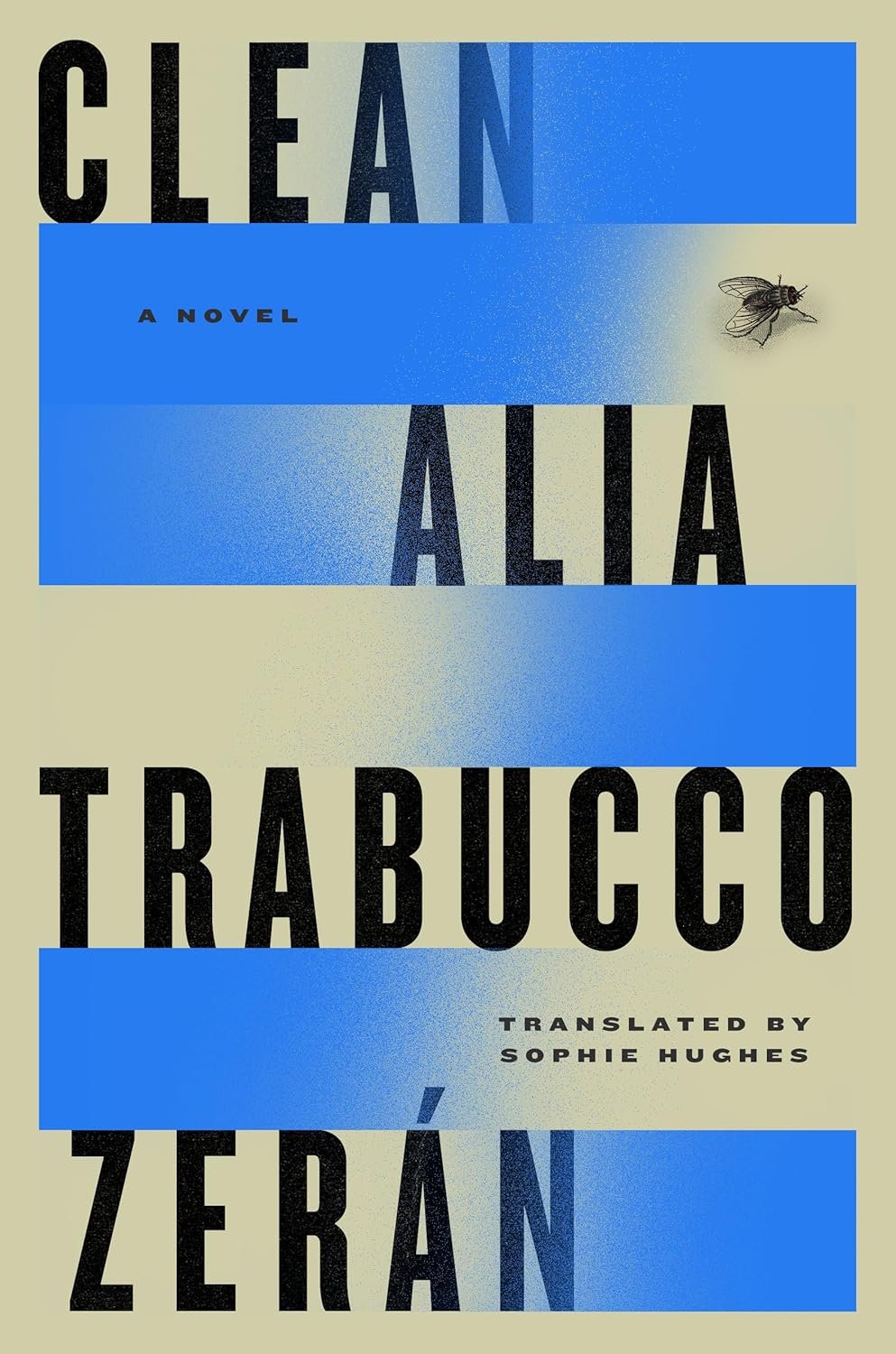Book Review: Clean by Sophie Hughes
When I first stumbled upon Clean, I was drawn in by the notion of overhearing a life through a keyhole, a metaphor that hints at both intimacy and distance. As someone with a penchant for quietly absorbing the complexities of human relationships, I felt compelled to delve into this world created by the Chilean author, Claudia Zerán. The premise alone, coupled with the promise of uncovering the layers of power, intimacy, and identity through the voice of Estela García—a live-in maid navigating the complexities of her employers’ lives—captured my curiosity in a way few books do.
At its heart, Clean follows Estela’s harrowing journey as she negotiates her existence within the Santiago household of a cold-eyed doctor and a meticulously controlling paper tycoon. Within the first breath, Estela penetrates the tension that holds the narrative together: “The girl dies.” This stark declaration resonates throughout the text, transforming what begins as a straightforward tale into a ritualistic examination of mortality and the mess that accompanies it. It’s not merely the loss of a child, but a metaphorical death in the myriad ways power dynamics shape lives—their’s and hers.
Throughout the book, Estela’s memories unravel like old laundry, revealing moments packed with tension and intimacy—the señora folding her grief into fitted sheets, the señor timing his life in minutes, and the silent battles Estela wages within herself. Her reflections on borrowed names and identities haunted me: “Her face was my face, that’s what I thought,” she muses upon seeing a fellow maid. This moment encapsulates the existential dread that permeates Zerán’s work; it’s the fear of becoming just another unit of service, a mere phantom drifting through life’s complexities.
Sophie Hughes’ translation of Zerán’s prose is lapidary—sharp yet poetic, with metaphors that linger like shadows. I found myself enamored with lines that illuminate fear as “like cradling a grenade, a velvety time bomb.” The vivid imagery captures the volatility of Estela’s circumstances, making the ordinary seem profound and alarming. The pacing, too, is masterful; the narrative unfolds like a forensic mosaic, each piece revealing the complications of servitude, societal expectations, and the silent screams of those muted by privilege.
What makes Clean particularly compelling is how it mocks its own title, juxtaposing the idea of cleanliness with the dirtiness of sin and societal hierarchies. The surrealism embedded in Zerán’s narrative reflects the harsh realities of post-dictatorship Chile, where wealth flourished behind fluted glass doors—yet the hired help remained unraveled, invisible. Through Estela’s eyes, we’re urged to confront these uncomfortable truths about service, identity, and the haunting echoes of memory that can never be fully cleaned away.
I would recommend Clean to readers who appreciate character-driven narratives loaded with emotional depth and social commentary. Those who have a taste for the unsettling, the surreal, and the complex tapestry of human relationships will find a kindred spirit in Estela. Personally, this book was a gentle nudge to look beyond the surface of our everyday interactions, to consider the silent stories that hide in the crevices of life.
In a world so focused on appearances, Clean invites us to reflect on what truly lies beneath—reminding us that the unspoken elements of our existence hold power far greater than we often acknowledge.
Discover more about Clean on GoodReads >>







